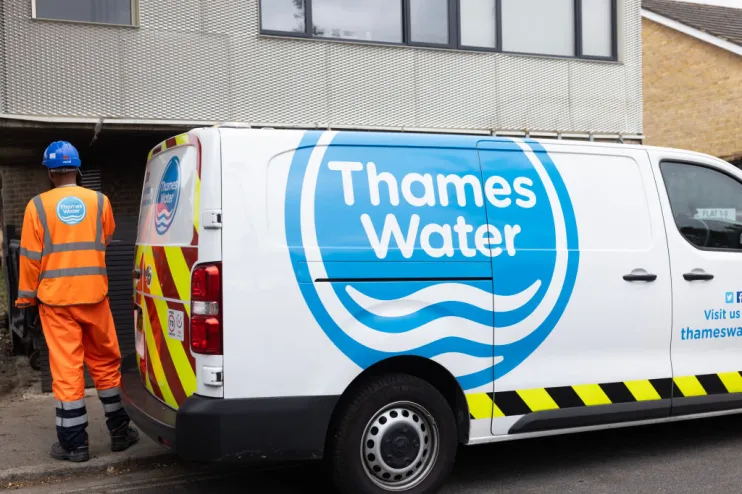Thames Water won’t be drawn on secret nationalisation plan and 56 per cent bill rise claims

Thames Water has refused to be drawn on rumours swirling around this morning, about secret re-nationalisation plans and reports bills will go up 56 per cent.
Britain’s biggest water firm, which has built up a mammoth £18bn debt pile, is under severe pressure to come up with fresh funding or face either collapse or being taken into public ownership.
This morning, The Guardian said it had seen a leaked report claiming there was a secret plan to nationalise the firm and move billions of pounds of debt onto the state books.
‘Project Timber’ is supposedly being drawn up by civil servants in Whitehall, meaning some lenders to the utility behemoth could lose 40 per cent of their cash.
A new ‘arm’s length’ publicly owned body would then be created, modelled on the £18bn Crossrail operation.
A Defra spokesperson said: “As a responsible government, we prepare for a range of scenarios across our regulated industries – including water – as the public would expect.”
It, however, declined to comment on leaked documents or rumours.
Ofwat also declined to comment, as did Thames Water.
Last week, the holding company of Thames Water notified creditors that it has failed to pay interest on some of its enormous debt pile.
As a result, the firm was reportedly exploring radical plans to avoid collapse, paying City advisors millions of pounds a week to work out a turnaround plan and find a way to repay its massive debts.
This comes after traders at major US hedge funds are betting against the debt and equity of British water companies amid fears over their levels of debt and the risk of contagion across the sector sparked by the crisis engulfing Thames Water.
As well as a mounting debt pile, Thames Water has come under severe criticism for sewage discharges into the Thames especially, as well as leaking millions of litres of water.
During the recent Oxford vs Cambridge boat race, competitors were advised not to go in the water because it was so dirty – including with the risk of e-coli.
According to The Times, Thames Water has now resubmitted a business plan to the regulator, based on a massive rise in bills.
The publication claims households may have to foot the bill of up to 56 per cent over the next five years.
Thames declined to comment.
It is understood Ofwat has been receiving business plans since October last year and has been in discussions.
The regulator has not received a full and new plan, however.
Last year was the worst on record for recorded sewage spills into English waterways. Figures from the Environment Agency showed that there were 477,972 discharges from England’s 14,000 storm overflows in 2023, a 59 per cent increase from the year prior.
In total, over 3.5 million hours of sewage spills occurred in 2023, more than double the 1.7 million hours recorded in 2022.
Over 40 per cent of England’s storm overflows spilled more than ten times in 2023, down from 48 per cent the year prior but the number that spilled over 60 times more than doubled to 2,779 against 1,355 in 2022.